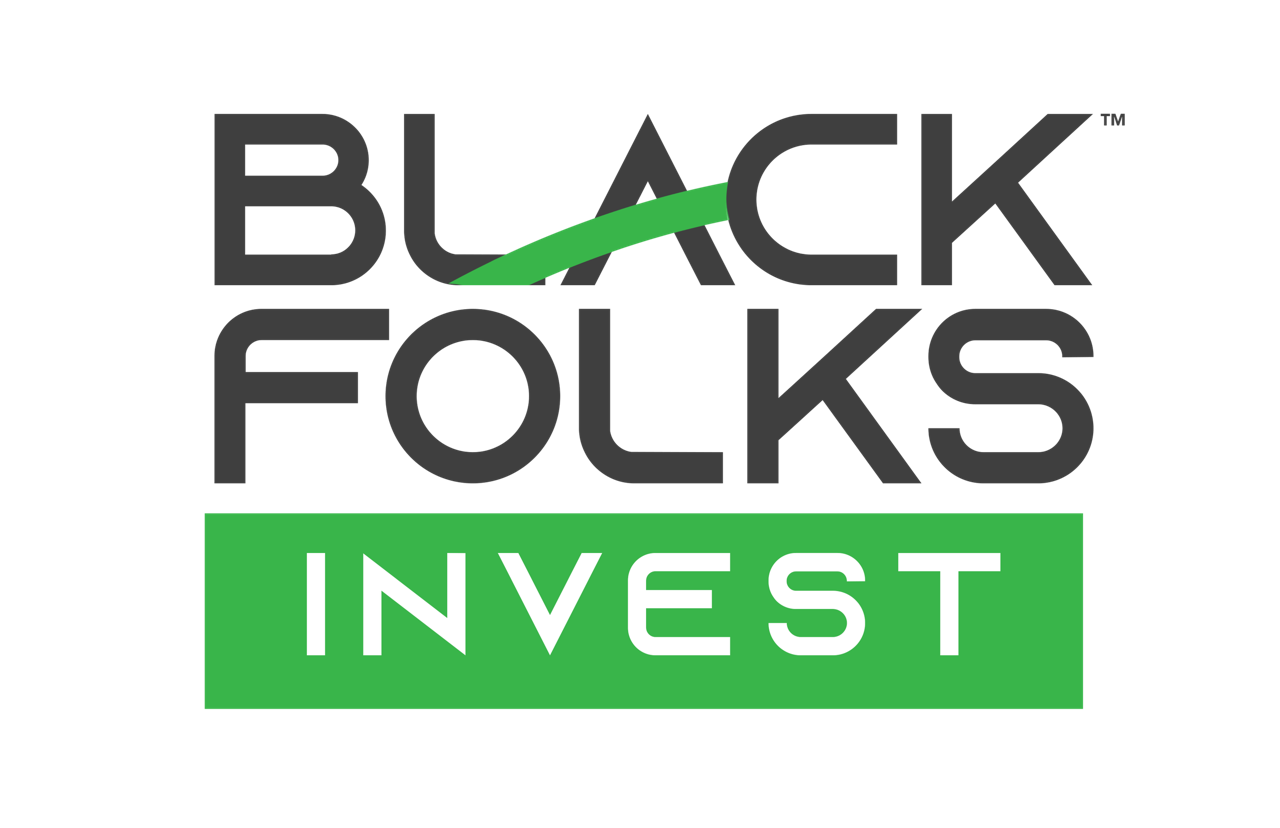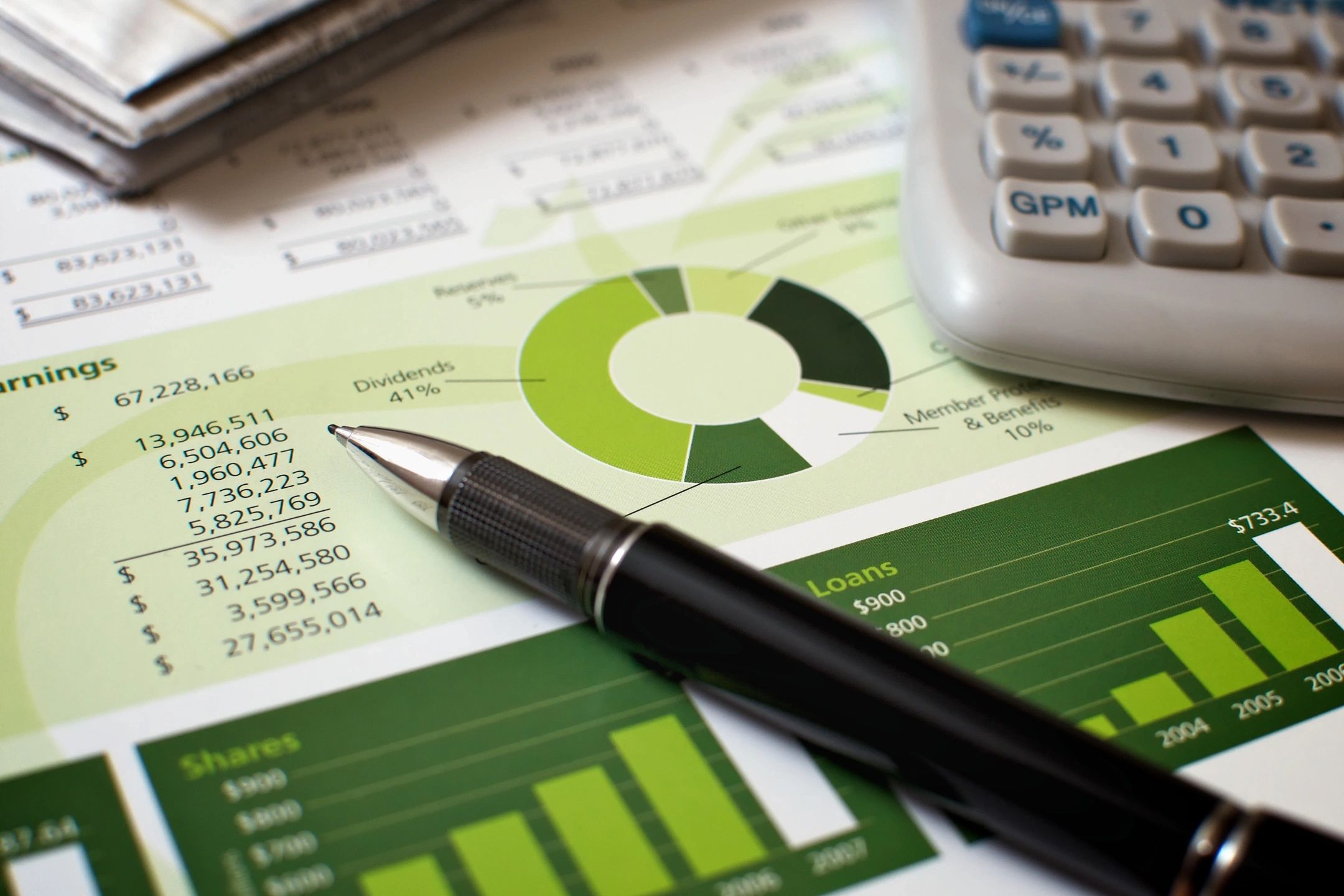Source: www.investor.gov
Many people just like you turn to the markets to help buy a home, send children to college, or build a retirement nest egg. But unlike the banking world, where deposits are guaranteed by federal deposit insurance, the value of stocks, bonds, and other securities fluctuates with market conditions. No one can guarantee that you’ll make money from your investments, and they may lose value.
- Define Your Goals
Knowing how to secure your financial well-being is one of the most important things you can do for yourself. You don’t have to be a genius to do it. You just need to know a few basics, form a plan, and be ready to stick to it.
To end up where you want to be, you need a financial plan. Ask yourself what you want. List your most important goals first. Decide how many years you have to meet each specific goal, because when you save or invest, you’ll need to find an option that fits your time frame.
- Figure Out Your Finances
Take an honest look at your entire financial situation — what you own and what you owe. This is a “net worth statement.” On one side, list what you own. These are your “assets. ” On the other side, list what you owe. These are your “liabilities” or debts. Subtract your liabilities from your assets. If your assets are larger than your liabilities, you have a “positive” net worth. If your liabilities are larger than your assets, you have a “negative” net worth. You’ll want to update your “net worth statement” every year to keep track of how you are doing. Don’t be discouraged if you have a negative net worth — following a financial plan will help you turn it into positive net worth. The next step is to keep track of your income and expenses. Write down what you and others in your family earn and spend each month, and include a category for savings and investing. If you are spending all your income, and never have money to save or invest, start by cutting back on expenses. When you watch where you spend your money, you will be surprised how small everyday expenses can add up. Many people get into the habit of saving and investing by paying themselves first. An easy way to do this is to have your bank automatically deposit money from your paycheck into a savings or investment account.
- Understand What It Means to Invest
When investing, you have a greater chance of losing your money than when you save. Unlike FDIC-insured deposits, the money you invest in securities, mutual funds, and other similar investments are not federally insured. You could lose your “principal,” which is the amount you’ve invested. That’s true even if you purchase your investments through a bank. But when you invest, you also have the opportunity to earn more money. On the other hand, investing involves taking on some degree of risk.














Recent Comments